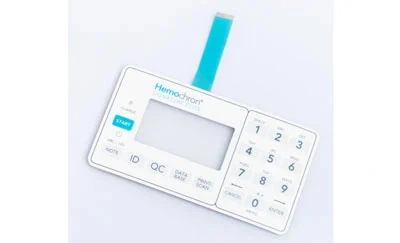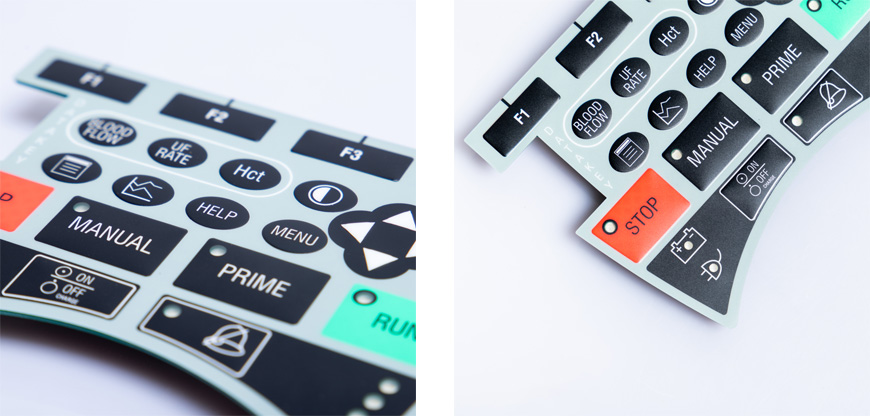
In the ever-evolving world of technology, user interfaces play a pivotal role in enhancing the interaction between humans and machines. One of the key components that enable this interaction is the membrane switch panel. These essential elements are found in numerous devices we use daily, from microwave ovens to medical equipment. In this comprehensive guide, we will delve into the world of membrane switch panel manufacturers, exploring their significance, the manufacturing process, and their diverse applications.

Membrane switch panels, often referred to as membrane keypads, are user interfaces that consist of several layers of flexible materials. These layers include a graphic overlay, a spacer, and a printed circuit. They are known for their flat, slim, and durable design, making them an integral part of various electronic devices.
To grasp the intricacies of membrane switch panels, let's break down their components:
Graphic Overlay: This is the topmost layer of the panel, featuring printed graphics and symbols. It's the part users directly interact with.
Spacer: Situated beneath the graphic overlay, the spacer provides the necessary separation between layers, preventing unintended actuation.
Printed Circuit: This layer contains conductive traces, responsible for transmitting signals when pressure is applied to the graphic overlay.
Creating a membrane switch panel is a meticulous process that involves several steps:
Initial Design: Manufacturers start by creating a detailed design that outlines the panel's appearance, layout, and functionality.
Prototyping: Before mass production, a prototype is developed to ensure the panel meets the desired specifications.
Flexible Materials: Membrane switch panels are made from flexible materials such as polyester, polycarbonate, and adhesive layers.
Ink and Printing: High-quality ink is used to print the graphics and conductive traces on the appropriate layers.
Layer Assembly: The layers are carefully stacked and laminated together.
Testing: Each panel undergoes rigorous testing to ensure it functions correctly, with no defects.
Membrane switch panels find extensive use in various industries due to their versatility and reliability:
Medical Equipment: They are used in devices like patient monitors and infusion pumps, where hygiene and durability are crucial.
Industrial Machinery: Membrane switch panels are a common choice for controlling heavy machinery in industrial settings.
Consumer Appliances: Devices like microwave ovens and coffee makers often feature membrane keypads for user convenience.
Membrane switch panels offer several advantages:
Durability: They can withstand millions of presses, making them ideal for long-term use.
Cost-Effective: The manufacturing process is efficient, resulting in cost-effective solutions.
Customizability: Graphic overlays can be tailored to suit specific branding and design requirements.
In conclusion, membrane switch panel manufacturers are pivotal in shaping the way we interact with technology. Their expertise in crafting durable, versatile, and cost-effective user interfaces has revolutionized various industries. As these manufacturers continue to innovate, we can expect even more seamless and user-friendly devices in the future.
What materials are commonly used in membrane switch panels?
Membrane switch panels are typically made from flexible materials such as polyester, polycarbonate, and various adhesive layers.
How durable are membrane switch panels?
Membrane switch panels are highly durable and can withstand millions of presses, making them suitable for long-term use.
Can membrane switch panels be customized for specific designs?
Yes, graphic overlays on membrane switch panels can be customized to match specific branding and design requirements.
What industries commonly use membrane switch panels?
Membrane switch panels are widely used in industries such as medical devices, industrial control panels, and consumer electronics.
Where can I find membrane switch panel manufacturers?
You can explore various membrane switch panel manufacturers online or contact industry-specific suppliers for more information.